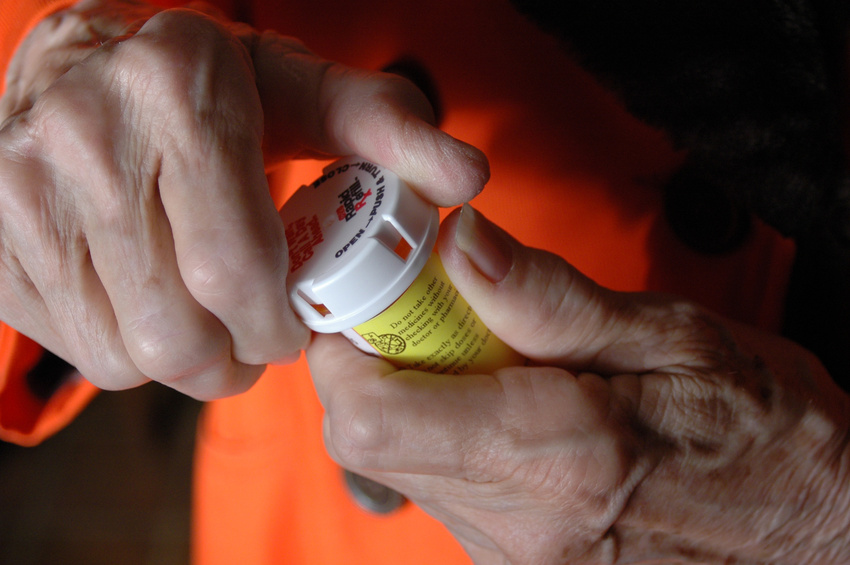A New Osteoporosis Drug Halts Growth of Breast Cancer Cells

A new drug that is meant for treating osteoporosis has been approved in Europe and has shown signs of halting the spread of breast cancer cells, including in cancers that have grown to resist current methods of therapy. The drug, called bazedoxifene, stops the estrogen from stimulating breast cancer cell growth, as well as marks the estrogen receptor for destruction.
When tested on animals, researchers found that the drug hindered breast cancer cell grown both in estrogen dependent cells and in cells that have grown a resistance to anti-estrogen drugs such as tamoxifen and other aromatase inhibitors. When breast cancer develops a resistance to these therapies, patients then have to be treated with chemotherapy, which comes with a lot of side effects. Bazedoxifene comes in pill form and is in a class of drugs that are called specific estrogen receptor modulators (SERMs). These drugs are able to act like estrogen in some tissues, while stopping the action of estrogen in other tissues. The distinguishing factor for this bazedoxifene is that it marks estrogen receptors for destruction.
When it comes to bone tissue, bazedoxifene acts similarly to estrogen and protects it. Since the drug already went through safety and efficacy studies in regards to osteoporosis, it may become a candidate for advanced breast cancer treatment in the near future. Previously conducted studies have shown that the most common side effect for bazedoxifene was hot flashes.